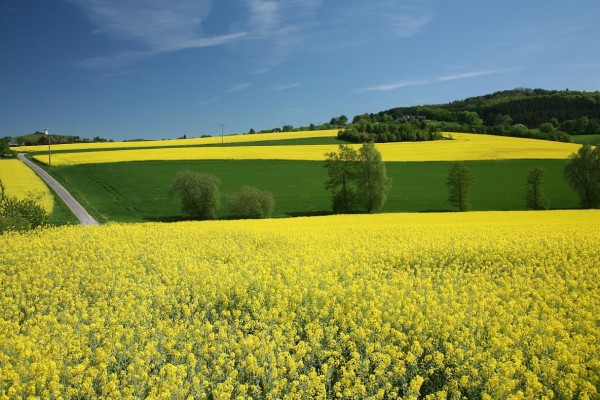Gas is Getting Greener with Clean-Burning Fuel


German automaker, Audi, claims to have produced high-octane gasoline from plants.
The synthetic, clean-burning fuel, called “e-benzin,” is free of any petroleum products, the company said. The new green fuel is still being tested, but company officials expect to try it out in corporate vehicle fleets before eventually rolling it out to consumers.
In the first step of the production process, Audi’s partner in the project, Global Bioenergies of France, produced isobutane in a gaseous form through the fermentation of glucose derived from corn and other renewable biomass sugars.
Gaseous isobutane is not a fuel in itself, but the raw material can be refined further into fuels, plastics and other useful materials.
After a conditioning and purification process, the gaseous isobutane produced in France was sent to Germany to be converted into pure, 100 octane gasoline suitable for automobiles, Audi reported.
“To me this is a historic moment,” Global Bioenergies Chief Executive Officer Marc Delcourt said of the development. “It is the first time that we have produced real gasoline from plants.”
Isooctane is already in use as an additive to improve fuel quality, but it could be a high-efficiency fuel in itself. Because it lacks sulfur and benzene, isooctane burns cleaner than gasoline refined from oil, according to Audi.
“We’re bringing green-ness to a field that desperately needs green-ness,” said Rick Bockrath, vice president for chemical engineering at Global Bioenergies. “It’s basically how we’re moving away from an oil-based economy towards something that has a renewable, sustainable future to it.”
After more testing, Audi expects to test its new plant power fuel in vehicle fleets. If all goes well, the green gas could be available to consumers “very soon,” the company said.
The two partners in the project eventually hope to cut the biomass fermentation step out of the process altogether, and instead make e-benzin from water, hydrogen, carbon dioxide and sunlight.
Audi previously produced a batch of synthetic diesel fuel made from carbon dioxide and water.
